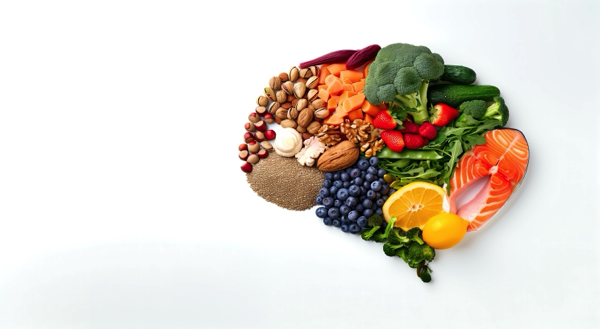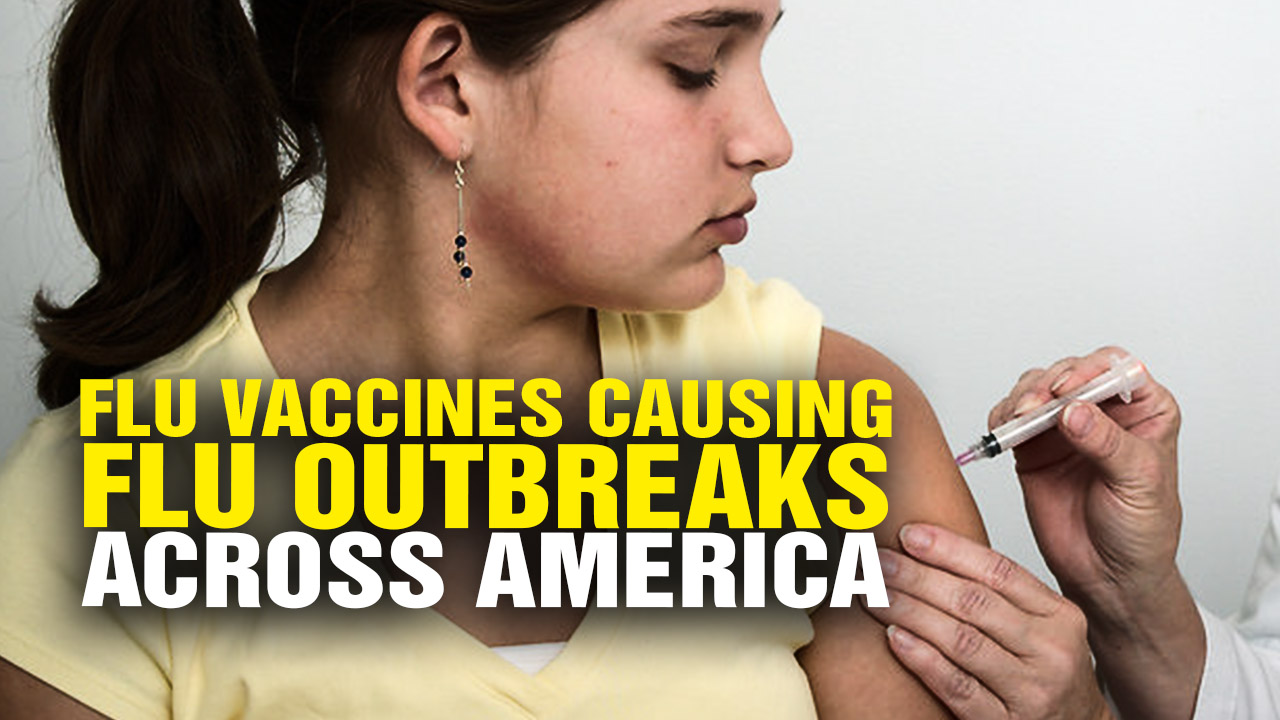- Gary Null, author of "Overcoming Cancer: The 5 Most Powerful Tools for Fighting Cancer," argues that cancer industry is deeply flawed and driven by greed, bad science and a disregard for human life. Critics like Dr. Samuel Epstein support this view, highlighting misleading claims and conflicts of interest within major cancer organizations.
- The cancer statistics are grim, with 41 percent of Americans projected to be diagnosed and 21 percent likely to die from cancer. The definition of "cure" as "alive five years after diagnosis" is criticized for being misleading, as it doesn't reflect the true long-term survival rates for most cancers.
- The American Cancer Society and the National Cancer Institute are questioned for their ties to companies that profit from the cancer epidemic, raising concerns about their commitment to public health.
- Null criticizes conventional treatments like chemotherapy, surgery and radiation for being ineffective and harmful. Chemotherapy, in particular, is highlighted for its toxic effects on both cancer and healthy cells, leading to severe side effects and potential damage to vital organs.
- Null emphasizes the importance of natural and holistic approaches to cancer treatment. He advocates for a nutritious, plant-based diet rich in fruits, vegetables and whole grains, along with herbal remedies and whole-body therapies like detoxification and stress reduction.
In a world where cancer remains one of the most formidable health challenges, a growing chorus of voices is challenging the status quo, urging a reevaluation of how people understand and combat this devastating disease.
At the forefront of this movement is Gary Null, author of "
Overcoming Cancer: The 5 Most Powerful Tools for Fighting Cancer," who argues that the cancer industry is deeply flawed and that alternative approaches could offer a more effective path to prevention and treatment.
The statistics are sobering. In 2017 alone, approximately 600,000 Americans lost their lives to cancer. Current projections indicate that 41 percent of Americans will be diagnosed with cancer at some point in their lives, and 21 percent will die from it. These numbers underscore a critical question: Why are people still losing this battle despite decades of research and billions of dollars in funding?
Null contends that the cancer industry, as it stands, is riddled with problems. While many place their trust in mainstream oncology, believing it to be the pinnacle of medical science, Null argues that this trust is misplaced. He asserts that the cancer industry is driven by greed, bad science and a disregard for human life. This perspective is echoed by critics like Dr. Samuel Epstein, who has documented the misleading claims made by institutions like the National Cancer Institute and the American Cancer Society.
For instance, redefining "cure" as "alive five years after diagnosis" can be misleading. A patient could be diagnosed, live for five years, and die the day after the fifth anniversary, yet still be recorded as "cured." This manipulation of statistics gives the illusion of progress while obscuring the reality that survival rates for most cancers remain dismally low.
The book also highlights the conflicts of interest within the American Cancer Society and the National Cancer Institute. These organizations have received substantial donations from companies that sell carcinogenic products or profit from the cancer epidemic. This raises serious questions about their ability to prioritize public health over corporate interests. For example, the American Cancer Society has a history of opposing regulations on carcinogenic substances and defending the use of chemicals linked to increased cancer risk.
Null argues that conventional treatments like chemotherapy, surgery and radiation are often ineffective and harmful. Chemotherapy, for instance, is toxic and invasive, damaging not just cancer cells but healthy cells as well. It can lead to severe side effects, including nausea, hair loss and damage to vital organs. Surgery and radiation therapy also have their drawbacks, including the potential to stimulate cancer growth and expose patients to harmful radiation.
The author presents a compelling case for natural and holistic approaches to cancer treatment. He emphasizes the importance of a nutritious, plant-based diet, rich in fruits, vegetables and whole grains. Foods like cruciferous vegetables, green foods and red foods are highlighted for their cancer-fighting properties. Antioxidants such as vitamins A, C and E, along with selenium and coenzyme Q10, play a crucial role in fighting free radicals and boosting the immune system.
Herbal remedies also take center stage in Null's approach. Aloe vera, astragalus, ginkgo biloba and turmeric are just a few of the herbs that have shown promise in supporting the immune system and combating cancer. Additionally, whole-body therapies like detoxification, immune enhancement and stress reduction are discussed as ways to support the body's natural healing processes.
In conclusion, "Overcoming Cancer" is a call to rethink our approach to this devastating disease. It reminds people that they have more power than they realize, and that exploring alternative treatments could be a game-changer in the fight against cancer. As humanity continues to grapple with this health crisis, it's crucial to remain open to new possibilities and to empower yourself with knowledge to make informed decisions about your health.
Watch this video about Gary Null's book "Overcoming Cancer: The 5 Most Powerful Tools for Fighting Cancer."
This video is from the
BrightLearn channel on Brighteon.com.
Sources include:
Brighteon.ai
Brighteon.com









